by Tim Dedopulos
George Orwell was one of the 20th Century’s greatest observers — and critics — of English culture. His work is incisive, intelligent, passionate, and devoutly opposed to injustice and totalitarianism. He’s best remembered for his brutally frightening dystopian novel 1984, and his name has become a common term of criticism for draconic, repressive and manipulative social forces. He’d be deliciously pleased by that, I think.
As well as leaving us with a lot of important political and philosophical issues to think about, Orwell also provided some characteristically intelligent and well-though-out writerly advice.
George Orwell was one of the 20th Century’s greatest observers — and critics — of English culture. His work is incisive, intelligent, passionate, and devoutly opposed to injustice and totalitarianism. He’s best remembered for his brutally frightening dystopian novel 1984, and his name has become a common term of criticism for draconic, repressive and manipulative social forces. He’d be deliciously pleased by that, I think.
As well as leaving us with a lot of important political and philosophical issues to think about, Orwell also provided some characteristically intelligent and well-though-out writerly advice.
A scrupulous writer, in every sentence that he writes, will ask himself at least four questions, thus:
One can often be in doubt about the effect of a word or a phrase, and one needs rules that one can rely on when instinct fails. I think the following rules will cover most cases:
- What am I trying to say?
- What words will express it?
- What image or idiom will make it clearer?
- Is this image fresh enough to have an effect?
- Could I put it more shortly?
- Have I said anything that is avoidably ugly?
One can often be in doubt about the effect of a word or a phrase, and one needs rules that one can rely on when instinct fails. I think the following rules will cover most cases:
- Never use a metaphor, simile, or other figure of speech which you are used to seeing in print.
- Never use a long word where a short one will do.
- If it is possible to cut a word out, always cut it out.
- Never use the passive where you can use the active.
- Never use a foreign phrase, a scientific word, or a jargon word if you can think of an everyday English equivalent.


 RSS Feed
RSS Feed
